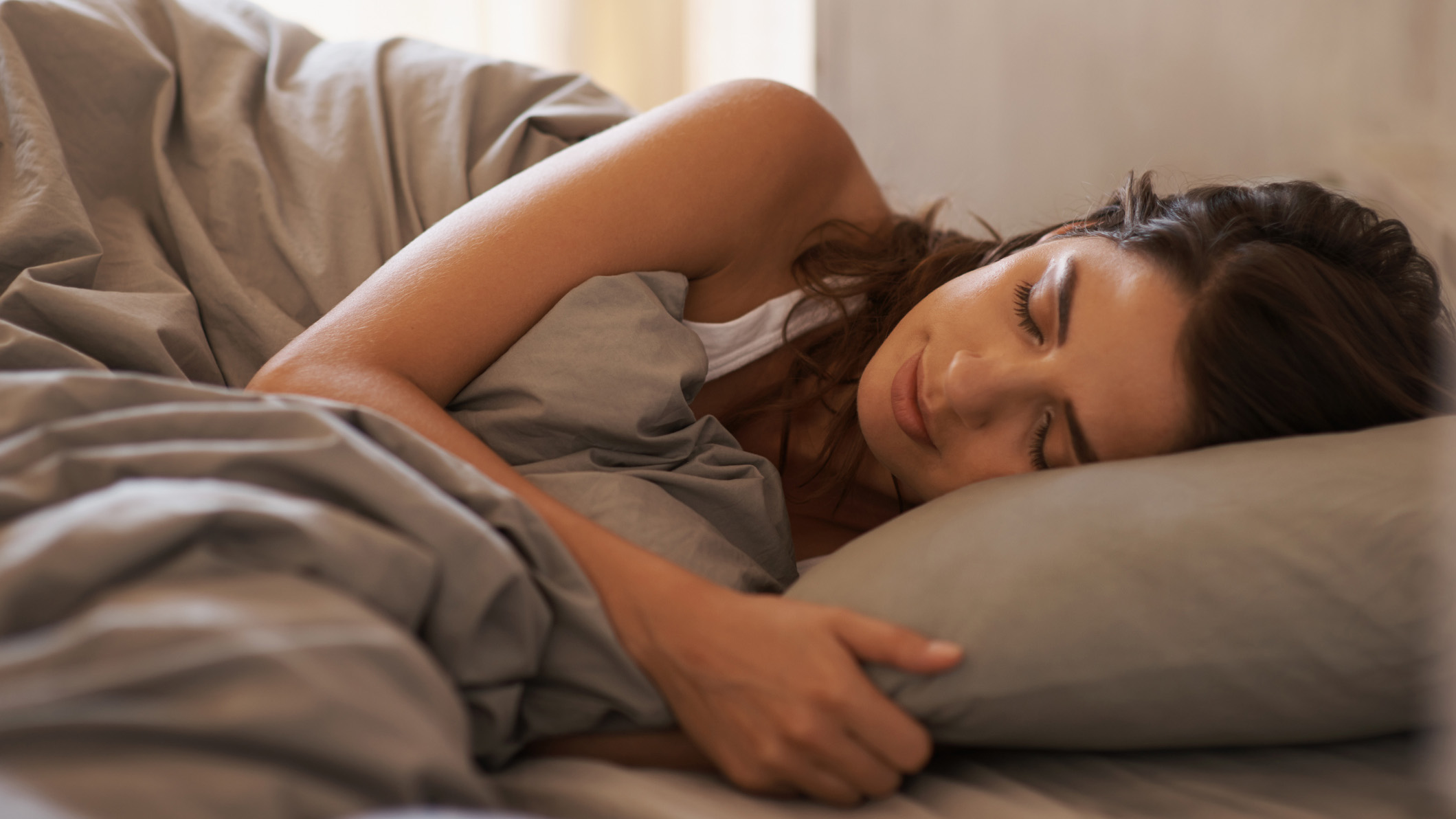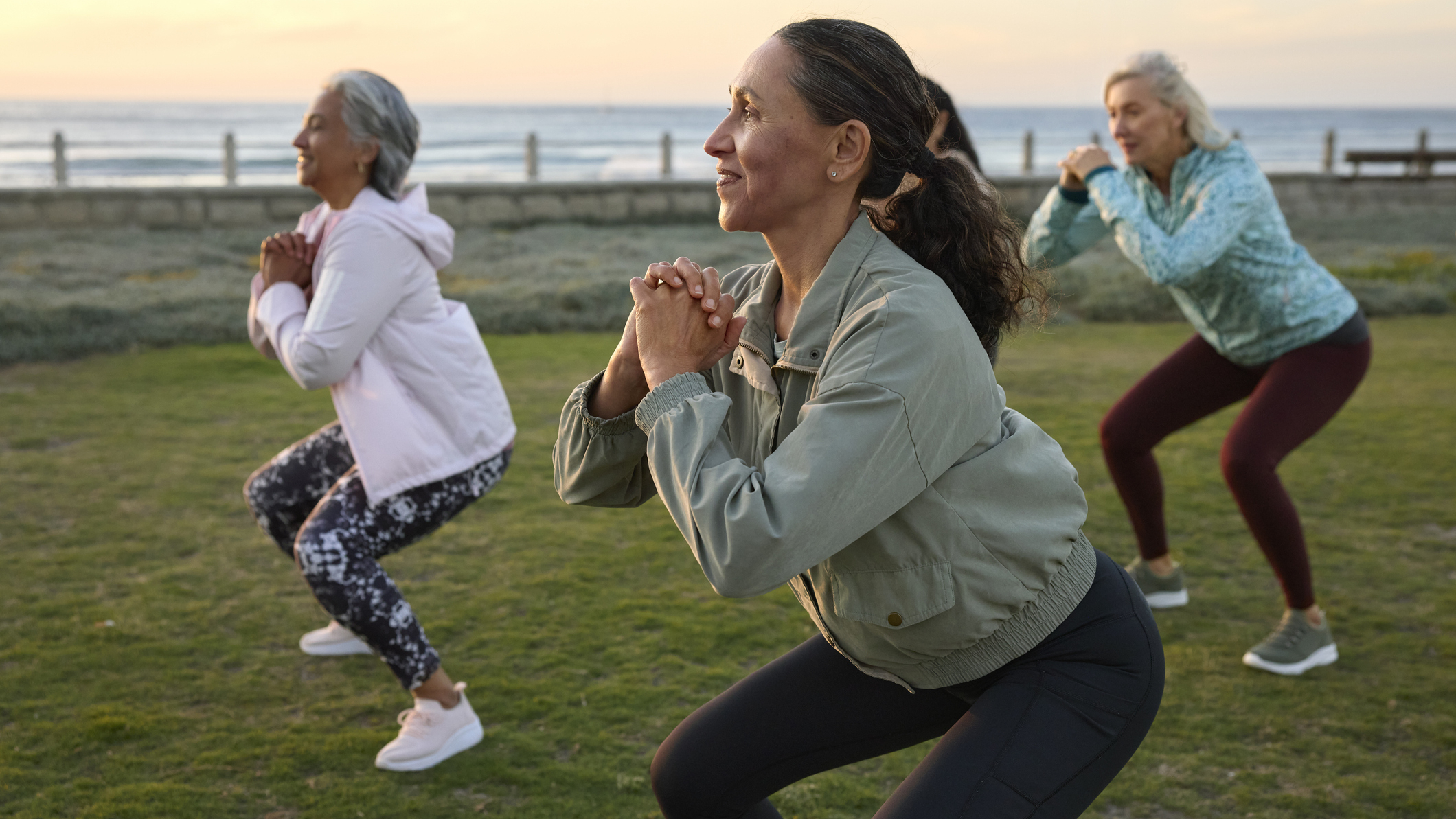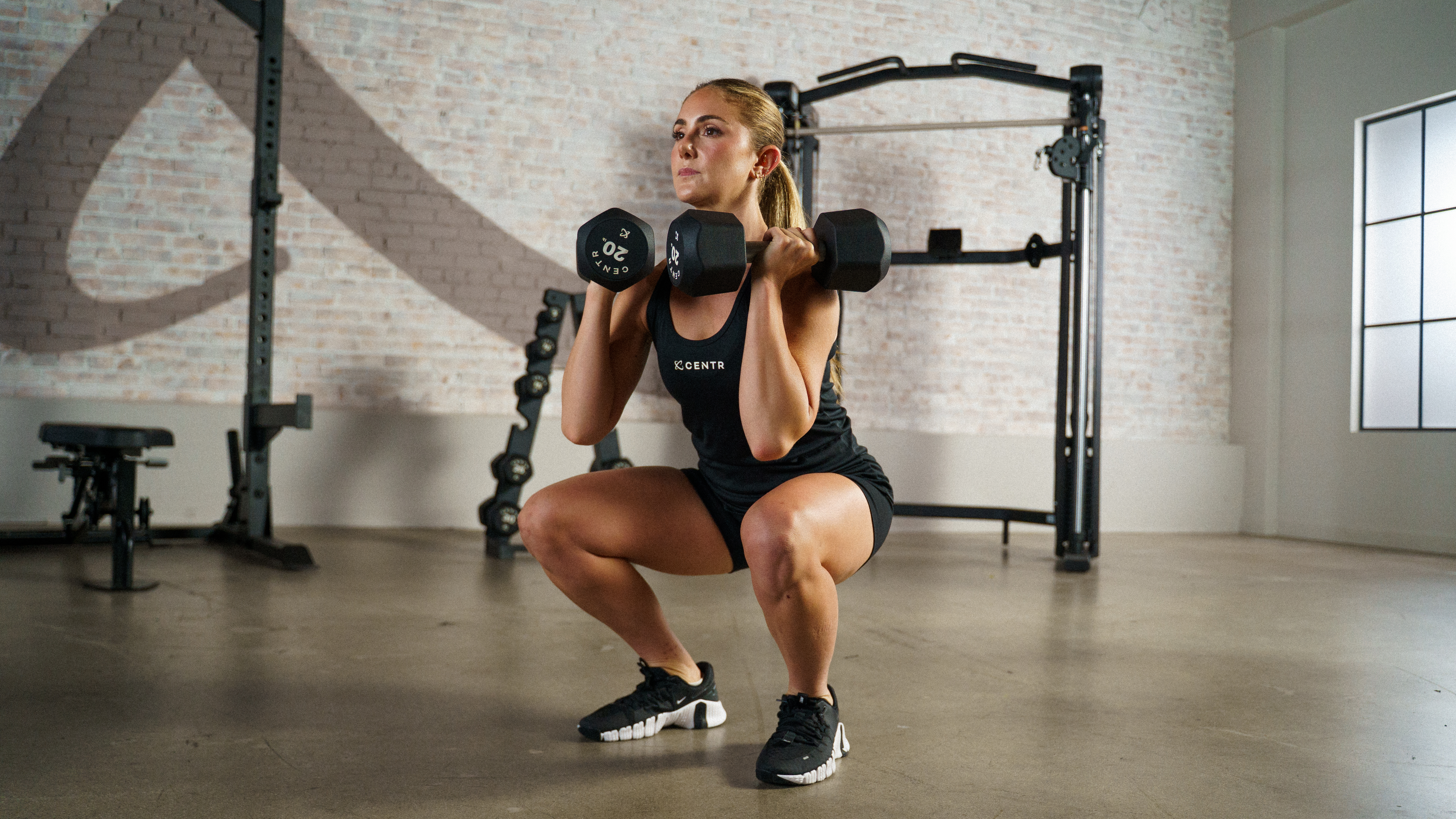
If you gave people one wish, many - from exhausted parents to overworked medical staff - would have one request: to get more sleep.
However, it’s not always about the amount of sleep you’re getting but the quality of the sleep that’s important, according to Silentnight’s sleep expert Dr Nerina Ramlakhan.
- How to fix your sleep cycle: 7 tips for a better night in bed
- Best diffusers or essential oil: relax with aromatherapy at home
- Bed in need of an upgrade? Try one of the best mattress toppers
‘We place great significance on seven to eight hours, but it’s about getting “pure” sleep,’ she says. ‘We sleep in 90-minute cycles, each consisting of light sleep, deep sleep and rapid eye movement (REM) sleep. And you need the right amount of those three.’
The stages of sleep explained
1. Falling asleep (NREM1): 10 mins
In this stage, your brain shifts to slower waves – alpha, then theta. Breathing steadies and the heart rate slows.
2. Light sleep (NREM2): 20 mins
Eye movement stops, temperature drops and muscle activity lessens. Between slower waves, there are brief periods of rapid brain activity called ‘sleep spindles’.
Start your week with achievable workout ideas, health tips and wellbeing advice in your inbox.
3. Deep sleep (NREM3): 50 mins in first cycle, gradually lessening
In this stage there’s a shift to very slow delta waves, with no eye movement or muscle activity. Energy restoration and memory consolidation also occurs.
4. REM sleep: 10 mins in first cycle, gradually increasing
Eyes jerk rapidly in this stage, and dreams occur. The brain makes new connections, aiding creativity and memory.
Now that you understand the different stages, uncover the quality of your own sleep by taking the quiz below - and then following Dr Ramlakhan’s expert advice on how to improve it...
Quiz: work out your sleep score
Answer the following questions, making a note of your answer for each - then tot up which letter you answered most and find out more about what this means for your sleep...
1. What’s your energy like during the day?
A: Up and down
B: Low to moderate
C: Even, but with the odd dip
D: Consistently high
2. How do you give yourself an energy boost?
A: Strong coffee and chocolate
B: Tea and a biscuit
C: A cup of herbal tea
D: A stroll outdoors
3. How often do you wake in the night?
A: Often, and I’m up for hours
B: Often, and it takes a while to get back to sleep
C: Rarely
D: Sometimes, but I get back to sleep very quickly
4. Do you use your mobile or tablet in bed?
A: Yes, I go to sleep with them on my bedside table
B: Yes, but with the ‘night shift’ setting
C: Yes, but only until 10pm
D: No, never – they’re switched off long before
5. How long does it usually take you to fall asleep?
A: At least an hour plus
B: Around an hour
C: 30 minutes
D: 15 minutes
6. How do you feel first thing in the morning?
A: Groggy and lethargic from the off
B: Unexpectedly tired
C: Fairly well rested
D: Raring to go
7. Which of these sounds most like your day?
A: Non-stop emails, crazy deadlines and playing catch-up
B: Meetings, pressing deadlines and a serious to-do list
C: Planning, managing projects and sorting out problems
D: Fairly relaxed, completing tasks, some creativity and minimal troubleshooting
Sleep quiz: the results
Mostly As
Due to daytime stresses and overstimulation, you’re not getting enough light, deep or REM sleep. Your sleep solutions include:
- Cut coffee intake and avoid it completely after 3pm
- If you’re flagging, take a stroll outside to aid the production of sleep-inducing adenosine
- Minimise phone or tablet use in the evening
- If you have to work late, don’t try to squeeze in a ‘normal evening’ (watching TV, texting friends) afterwards
Mostly Bs
Mostly light sleep. You’re sleeping lightly but not deeply, as your brain is still trying to unpick your busy day. Your sleep solutions include:
- Go to bed and get up at the same time every day, even at weekends
- Ensure your bedroom isn’t too warm or cold
- If you wake due to noise, use earplugs or a fan – the ‘white noise’ will block other sounds
- If you get up to use the bathroom, try to stay in ‘sleep mode’ by keeping the lighting as low as possible
Mostly Cs
Mostly deep sleep. A good start – but you need to increase your REM sleep. Your sleep solutions include:
- Try a 20-minute daytime power nap
- This may help unload your working memory, so there’s less ‘filing’ for your brain to do overnight
- Go to bed earlier with a book to wind down
- Wear a sleeping mask
- Eat breakfast within 30-40 minutes of rising - this tells your body you always have food, so it can stop running in survival mode
Mostly Ds
Good deep and REM sleep. Congratulations! You’re getting enough of the right kind of sleep – but there’s always room for improvement. Try these tips:
- Learn how to breathe from your diaphragm/stomach – this helps you sleep more soundly
- Try Pilates or yoga for further relaxation
- Boost your magnesium intake (found in wholegrains, nuts, seeds, fish) - this lowers stress hormones so you feel sleepier
- Start practicing gratitude before you go to sleep – being grateful helps you relax.
- WATCH: This gentle 45-minute pilates workout to make you flexible
- WATCH: A 30-minute yoga routine that's great for beginners
Launched in 2020, Fit&Well.com is all about helping you meet your health and fitness goals in ways that are fun and achievable. With news and features on fitness, weight loss, running, nutrition, yoga, wellness and more, we're committed to helping you wherever you are on your fitness journey. We break down the best fitness tech, with reviews, buying guides and the latest deals on fitness and wellness kit, from dumbbells to diffusers.
We cater for all difficulty levels here. It doesn't matter if you're a beginner in the world of fitness or you're gearing up for your tenth marathon: we're all moving towards the same goal – creating a healthier, happier you. From guides on getting started doing walks around the block, to creating the perfect work-from-home space, to eating to fuel your first triathlon. It's all here.
-
 Walking injuries are common, but an exercise physiologist says you can avoid them by warming up with these two exercises
Walking injuries are common, but an exercise physiologist says you can avoid them by warming up with these two exercisesAn exercise physiologist wishes everyone would do these exercises
-
 A certified strength trainer dispels the most common myth she hears from women reluctant to start strength training
A certified strength trainer dispels the most common myth she hears from women reluctant to start strength trainingSwerve this common misconception to embrace strength training in 2026

